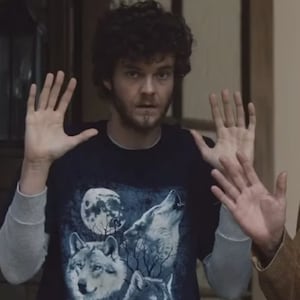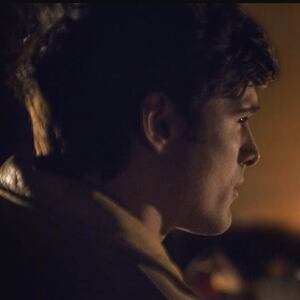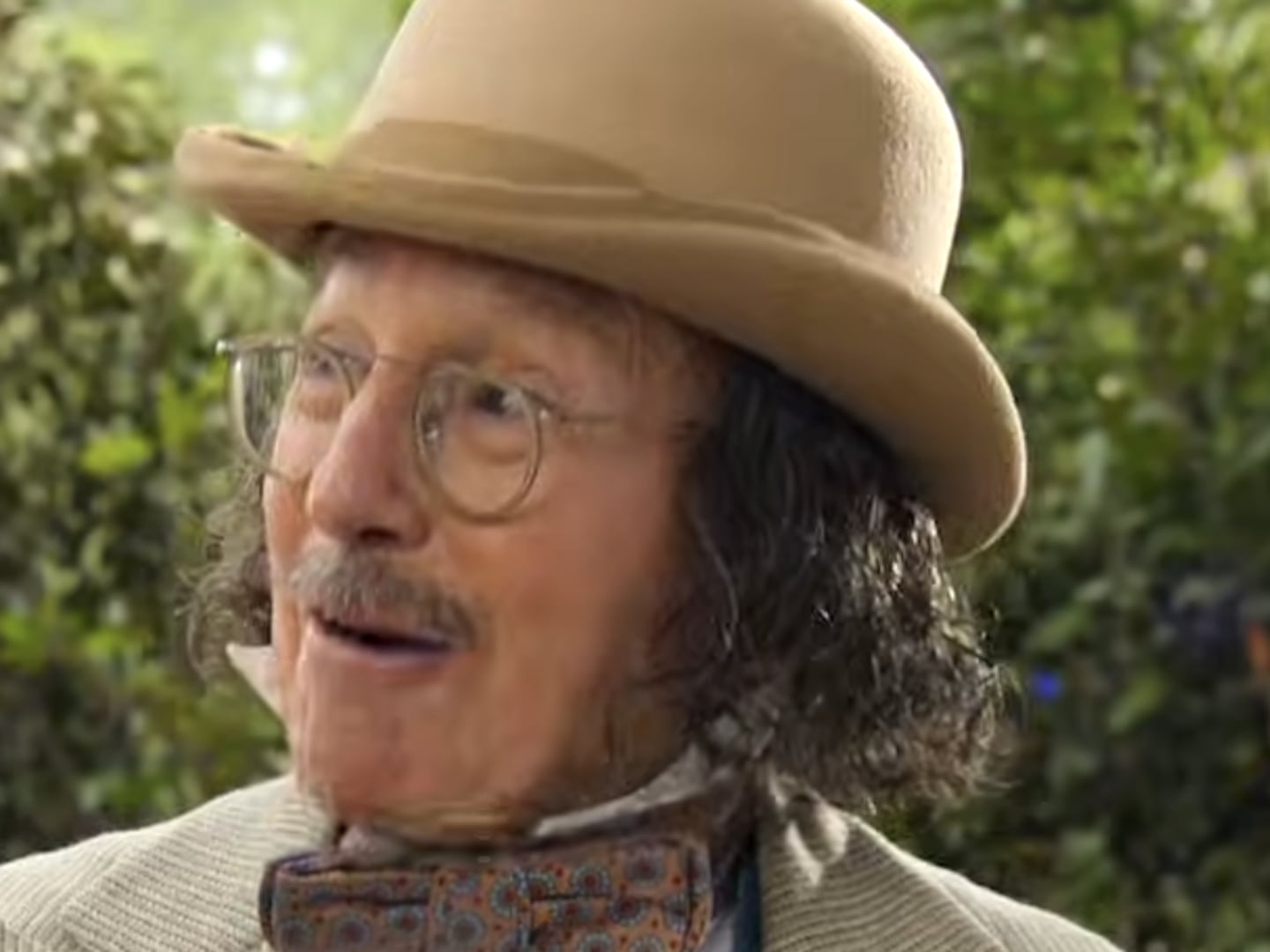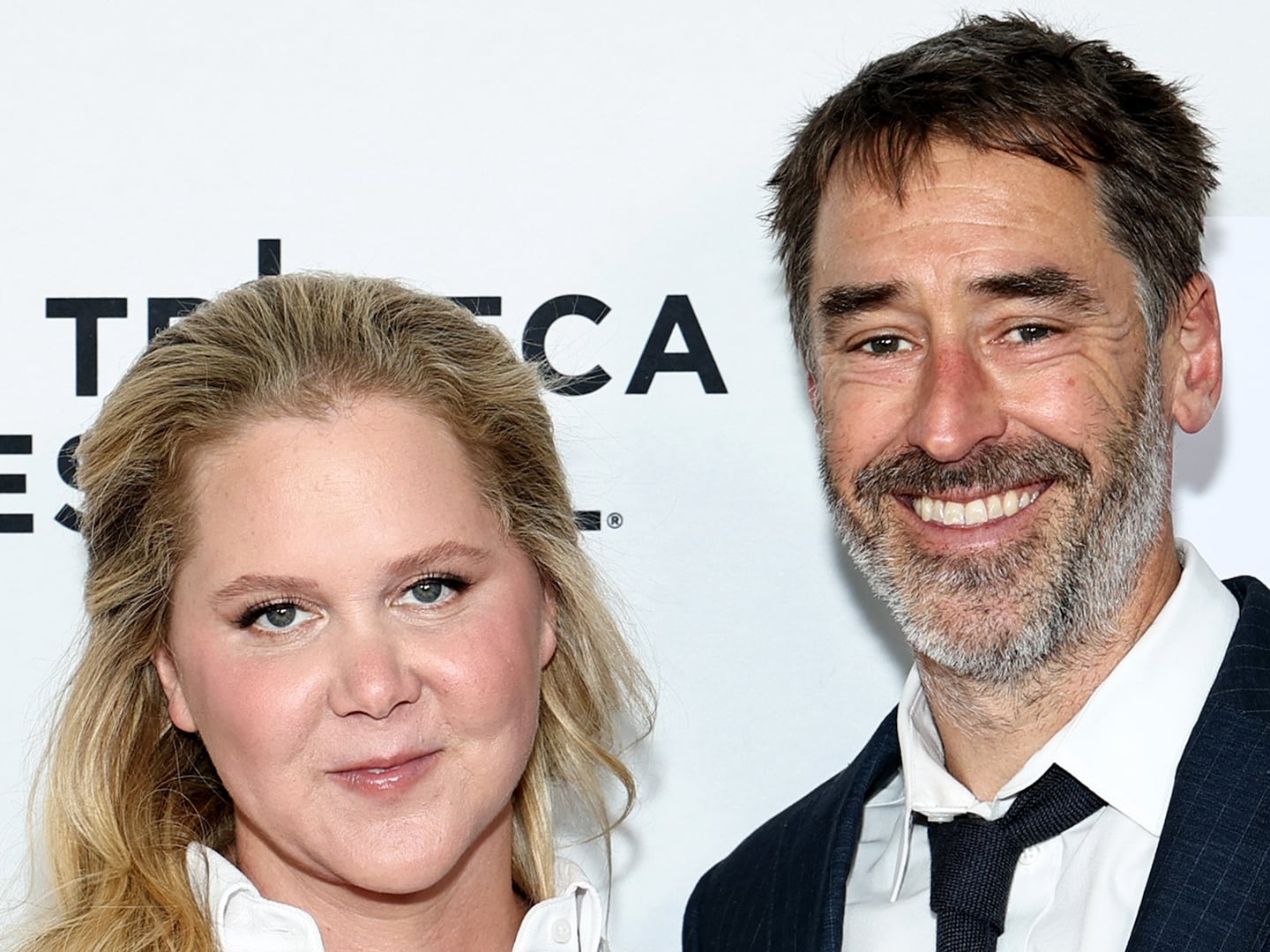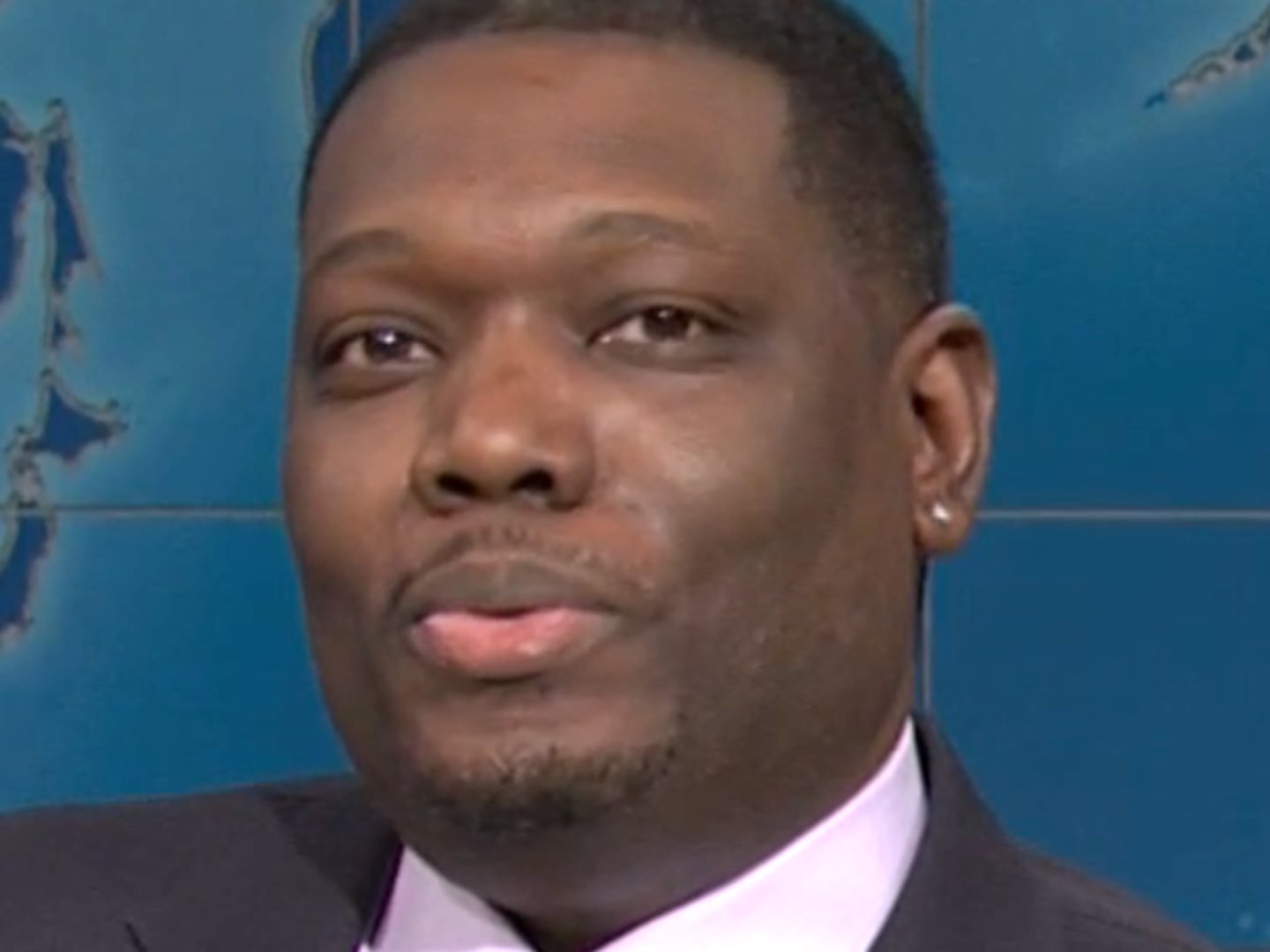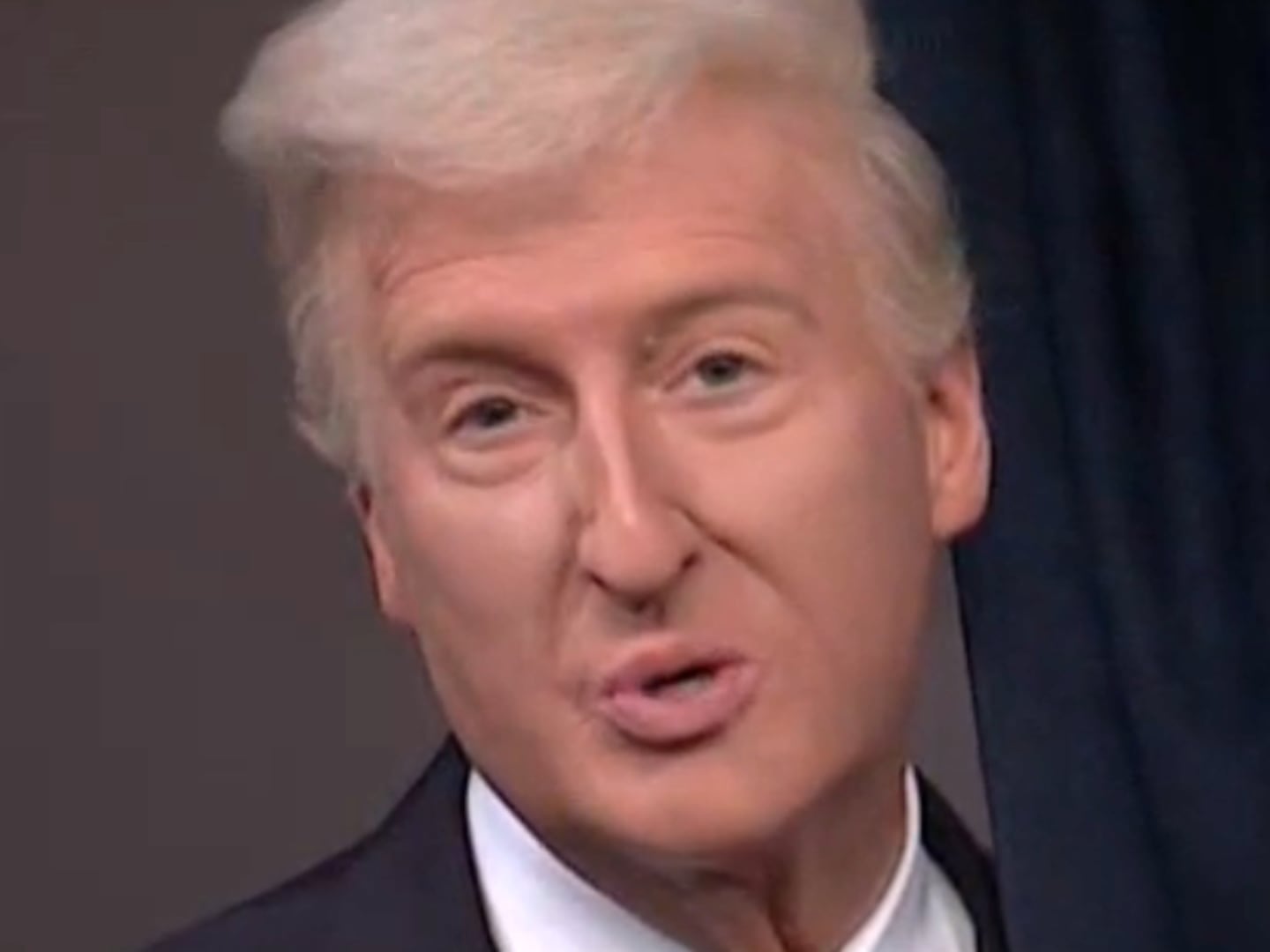Lamenting lost youth is the destiny of the middle-aged. Yet while The Four Seasons understands grown-ups’ wistfulness for wild adventures, crazy nights, and blossoming love, it also understands that recapturing glory days is a futile endeavor—and, in fact, might be something adults, deep down, don’t really want.
An amiable comedy about the pleasures and pitfalls of spending life by someone’s side, Tina Fey, Lang Fisher, and Tracey Wigfield‘s eight-episode Netflix adaptation of Alan Alda’s 1981 film of the same name is a bittersweet affair with a wry sense of humor, led by a sterling cast that includes Steve Carell, Colman Domingo, and Will Forte. Tackling the headaches of marriage with wit and warmth, it contends, persuasively, that the search for peace, contentment, and togetherness—and for who you are, what you want, and where you’re going—doesn’t end once the knot has been tied.
Named after and set to Vivaldi’s four concerti, The Four Seasons, premiering May 1, begins in spring with its characters gathering for the first of four vacations they’ll jointly take this year. The location is the lake house of Nick (Carell) and Anne (Kerri Kenney-Silver), and joining them are their best friends Danny (Domingo) and Claude (Marco Calvani), and Kate (Fey) and Jack (Forte), some of whom met at college decades earlier, and all of whom are ready to celebrate Nick and Anne’s 25th wedding anniversary.

As a surprise, Anne has orchestrated an enormous vow renewal ceremony, complete with out-of-town guests and a band. Little does she know, however, that Nick has just confessed to Jack and Danny that he’s fed up with his boring life and wife—who can’t even make pottery in the shed he built for her, too busy is she playing a farming video game—and plans to ask for a divorce at the conclusion of the weekend.
In a loaded conversation with Kate, Anne seems to indicate that she knows her husband is dissatisfied, but she clings to the idea that comfort and stability will carry the day. They don’t, and their ensuing separation proves a massive disruption for the rest of the group, whose own unions are more than a bit shaky.
Danny has a heart condition that requires a procedure, and he’s putting it off by claiming to have a work commitment. Fear of mortality is part of the reason behind this recklessness, as is his frustration with Claude, whose doting concern is smothering. Of the couples, Jack and Kate appear to be the most well-adjusted, although lurking beneath their cheery façade are not-inconsiderable problems stemming from Jack’s perpetual inaction and Kate’s bossiness.
Alda’s The Four Seasons was a precursor to The Big Chill and Fey, Fisher, and Wigfield’s series channels those works’ convivial atmosphere, in which long-time friends reunite for laughs, tears, and fireworks. The last of those is provided, in a sense, by Nick’s post-split relationship with Ginny (Erika Henningsen), a thirty-something who’s generationally out of step with her new beau’s pals and who inspires Nick to embrace his younger instincts—a process that’s invariably awkward and ridiculous.
Issues of fidelity, deception and commitment course throughout the proceedings, but never to the point of killing the mirthful vibe; whether it’s Forte’s dorky good-guy routine, Domingo’s effortless cool and charm, or Fey’s sarcastic sweetness, the show keeps things silly even during its traumatic passages.

The Four Seasons soon segues from Nick and Anne’s lake house to an environmentally conscious island resort picked by Ginny—much to the group’s chagrin—for summer. There, Nick’s attempts to be bold and fun for Ginny rub everyone else the wrong way. Making matters more unpleasant is Danny and Claude’s discovery that Anne is staying at a nearby luxury hotel and, having seen Nick’s photos with his May-December fling (courtesy of a shared iCloud account), is considering sparking a confrontation.
Bad weather and mounting interpersonal tensions escalate concurrently, and threaten to explode in the autumn, when the crew visits their old college stomping grounds and things get hostile thanks to Claude’s frustration with Danny’s self-destructiveness, Kate and Jack’s not-so-passive aggressiveness, and Nick’s condemnation at the hands of his daughter Lila (Julia Lester), who expresses her feelings about the divorce via a blistering public play.
Not all these threads are particularly amusing; everything to do with Lila, for example, is a tedious drag. Still, The Four Seasons’ protagonists are innately likable, and the series is so to-the-point—each installment runs approximately thirty minutes—that it never prioritizes its dramatic concerns at the expense of being cute and funny.

To that end, it benefits from its headliners, all of whom expertly inhabit their characters as full-bodied people dealing with relatable anxieties about monogamy, passion, death, and the whiplash-inducing transition from carefree youth to responsibility-laden adulthood. Domingo in particular continues to demonstrate that his range is second to none, embodying Danny as a charismatic American husband struggling to find a comfortable balance with an emotive Italian spouse (played wittily by Calvani) whose affection is at once sincere and overbearing.
Unsurprisingly, Saturday Night Live vets Fey and Forte are a natural pair, and though Jack and Kate’s eventual problems feel tacked-on, they’re not so far-fetched as to spoil the material’s earnest portrait of midlife crises. Once winter rolls around, The Four Seasons delivers an unexpected (and manipulative) twist that, to some extent, rocks the proverbial boat, sending things down a somber path that can’t be brightened with jokiness.

What it loses in humor, however, it gains in understated gravity, with the show wringing pathos from its couples’ realization that time is short, love is precious, and forgiveness is frequently the key to lasting happiness.
The Four Seasons is often hit or miss, with Danny and Claude’s rapport proving consistently sharp and Nick and Ginny’s romance—and Anne’s anger and resentment over being abandoned—coming across as slightly strained. Still, if its highs aren’t sky high, its lows are a long way from rock bottom, and Fey, Fisher, and Wigfield interject their action with enough zingy one-liners and heartfelt epiphanies to keep things on track.
Regardless of whether its cliffhanger is ever resolved, it’s an affectionate and sentimental ode to recognizing, and holding onto, one’s soulmate.



